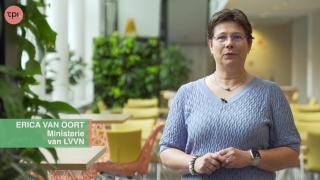Whole blood assessment of thrombosis tendency
Transgenic animals are often subjected to short and long term experimental models of thrombosis and atherosclerosis with considerable discomfort to the animal. This project aims to: 1) replace (human blood instead of animal blood), 2) reduce (a few drops of blood per test), and 3) refine (replace in vivo by in vitro testing with isolated blood) the use of laboratory animals with two new small blood volume function tests—the perfusion chamber and the thrombin generation test. Both tests will be equipped with a simple detection capability, which is affordable for laboratories. Their application is not only in the field of thrombosis and haemostasis but also for the investigation of other blood-related diseases, such as arteriosclerosis, diabetes and cancer. By Sanne Brouns (Department of Biochemistry CARIM, Maastricht University, the Netherlands) and Linda Herfs (Flowchamber B.V.).
New

Helpathon #12 – Can you help Erica?

The NAM Navigator: A unique repository for information on the validation and acceptance of New Approach Methodologies
